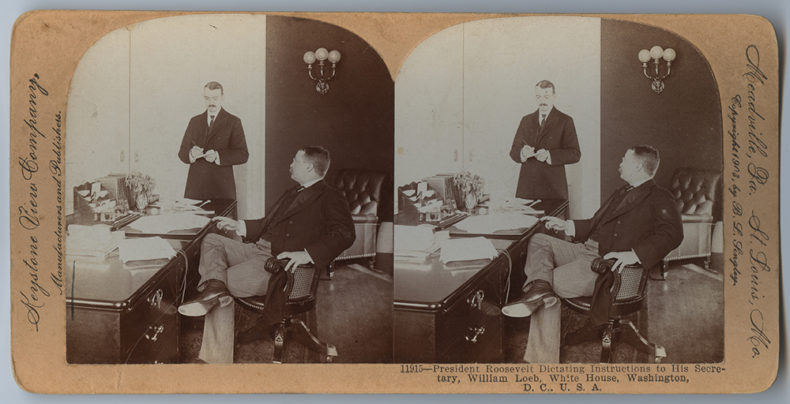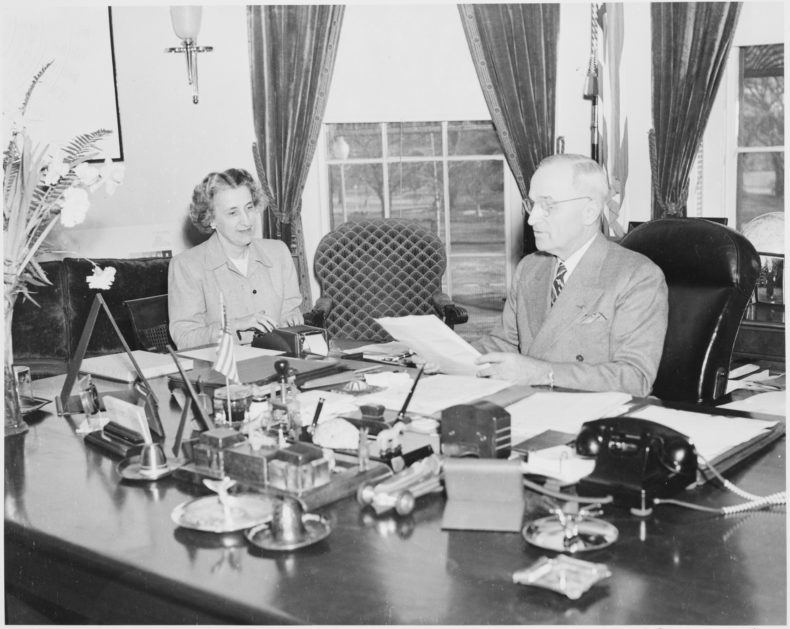
I am writing this post while walking around in Prospect Park. I shouldn’t really call it writing, because I’m actually speaking. I am walking in the park with a bluetooth headset on, and saying these words into the microphone, and hoping that my phone understands them. So far, so good. It is a cold day. There are some squirrels fighting to my left, and some teens smoking weed to my right. I’m sure both of them think that I’m very strange, walking around and talking to myself while also intermittently saying “comma” and “period” and “new line.”
In other words: I have recently discovered dictation. Discovered not in the global sense of course, the concept of saying something out loud and having something or someone write it down for you is not something I invented. But I have personally discovered how useful it is, and I want to tell you about it. Because I think it is great.
Now, you may be asking, why dictate when you can just type?
The answer, I would argue, as I walk, is that dictation can teach us a lot about good writing. Once you can get over the fact that you are walking around and talking to yourself, dictation is an incredible way to write. If you can’t even say the sentence you’ve written down, then perhaps it’s not a good sentence. If you can’t follow the logic through to the end of the period, perhaps you’re not explaining yourself clearly. If you wouldn’t use the word yourself, ever, maybe don’t use it in your writing. If you can’t figure out how to say a sentence with four semicolons in it, then maybe sentences shouldn’t have four semicolons in them. I find that I am often much clearer and more concise when I have to speak the words aloud. No fancy semicolons, no em dashes, just regular human writing.
Writers are often told that they should write in their “authentic voice.” That concept is bullshit, but when you have to actually say the words out loud in order, it’s a lot harder to put on some kind of fake writerly persona that you cobbled together from reading other people’s work. Or at least it is for me, as I am a terrible actress.
Dictating my drafts also requires me to think before I speak. Which is something that I confess I do not always do and could certainly use practice at.

Dictation has a long and robust tradition. (Here is where I make a note to myself, as I’m walking through the park, to look up examples of famous works that were dictated when I get back to a computer. I’m sure there are some. And this is, of course, a downside of dictation.) John Milton, the famed author of Paradise Lost, dictated that work to various helpers between 1658 and 1664. Henry James dictated some of his later work, although maybe that’s not a great example because critics tend to consider those works far inferior to his non-dictated output. Dostoevsky dictated much of his work to a secretary named Anna Grigorievna who he eventually fell in love with and married. Winston Churchill dictated the entirety of his book A History of the English Speaking People.
And yet, despite all of its benefits, dictation seems to have fallen into a strange technological crack. I’m sure there are plenty of men out there who still dictate drafts to their secretaries, but it feels a bit old-fashioned and has that slight aftertaste of sexism left over from a time when women could only be secretaries. I admit it does sometimes feel a bit Don Drapery to speak to someone or something and ask it to write down your words for you. Especially at a time when we can all type for ourselves and we all have these fancy schmancy computer devices.
And dictation to a computer hasn’t quite caught on either. My phone isn’t always that good at figuring out what exactly I’m trying to say. For example in the above paragraph when I said “Don Drapery,” the computer thought that I was saying “Dawn drapery.” Like a curtain made out of a poor woman named Dawn. Dictated drafts, just like any drafts, need proofreading. But I find the weird misunderstandings somewhat delightful.
For example, sometimes when dictating this very draft the iPhone thought that instead of saying dictation I was saying the kishin. I didn’t know what the word kishin was so I had to go look it up. Apparently a Kishin is a Japanese word that means basically “ogre god.” I consider this a net positive for dictation though, because now I get to read stories about Kishin.
But beyond the simple question of how good the technology is at getting your words right, there is the bigger hurdle to consider: we still don’t really feel comfortable talking to our machines. Futurists argue that that is changing, that voice is the new technological medium, and that we will be talking to our machines more and more and more. As more people have smart devices in their homes, they’ll get more used to speaking to them. And the machines will get better at understanding what we’re saying.
Of course, plenty of modern writers dictate their work into fancy dictation software far more sophisticated than my bluetooth headset and iPhone setup. Dan Brown, the author of the Da Vinci Code, dictates his early drafts of novels. Richard Powers, author of the National Book Award-winning novel The Echo Maker, dictated his drafts. Maybe you already dictate your work anyway. If so, please let me join your club.
And perhaps in the future, when we’re all chatting to our devices all the time, dictation will see the resurgence that I believe it so rightfully deserves.
Top Image: President Roosevelt Dictating Instructions to His Secretary, William Loeb
How timely this post is for me. Thank you! So many good points I’ve been pondering. Do you have a favorite app you use for recording? And what is your transcription process?
At opposite ends of some scale or another, Peter Medawar, one of the clearest writers about science, wrote that good writing should sound like speech, and Barbara Cartland dictated her prolific output.